by Christopher Perrin, PhD, CEO Classical Academic Press
As I present seminars on classical education and train teachers around the country, I find that this question—What is classical education?—persists. Even experienced classical educators keep asking it. To be honest, I keep asking it, and have been asking it and answering it for nearly twenty years now.
It is a profoundly important question for our time, and one we should continue to ask and answer. There are few reasons for this:
- We did not receive a whole, integrated classical education ourselves, so we don’t have a strong answer based on our own experience.
- Classical education is a tapestry with many threads and patterns, or a museum with many rooms. As a result, it can be explored and described in several ways, so that there is not one answer to the question, but several complementary answers.
- The renewal of classical education is desperately needed in this cultural moment. The classical approach to education served the West very well for some 2,000 years; its recovery now is no mere luxury, but a necessity for cultural preservation and continuity.
To define something is to determine just what that something is and is not. Our word “define” comes from the Latin de (concerning, about, from) and finis (end, boundary, limit). When we define something, we fix its limits. Even the word “determine” has this sense, coming from de and terminus (end, limit, termination).
We can therefore define classical education by what it is:
- Classical education is the liberal arts and the great books.
- Classical education is the cultivation of the soul on truth, goodness, and beauty by means of the liberal arts.
- Classical education is cultural transmission—the transmission of the soul of society from one generation to another.
Read more here


